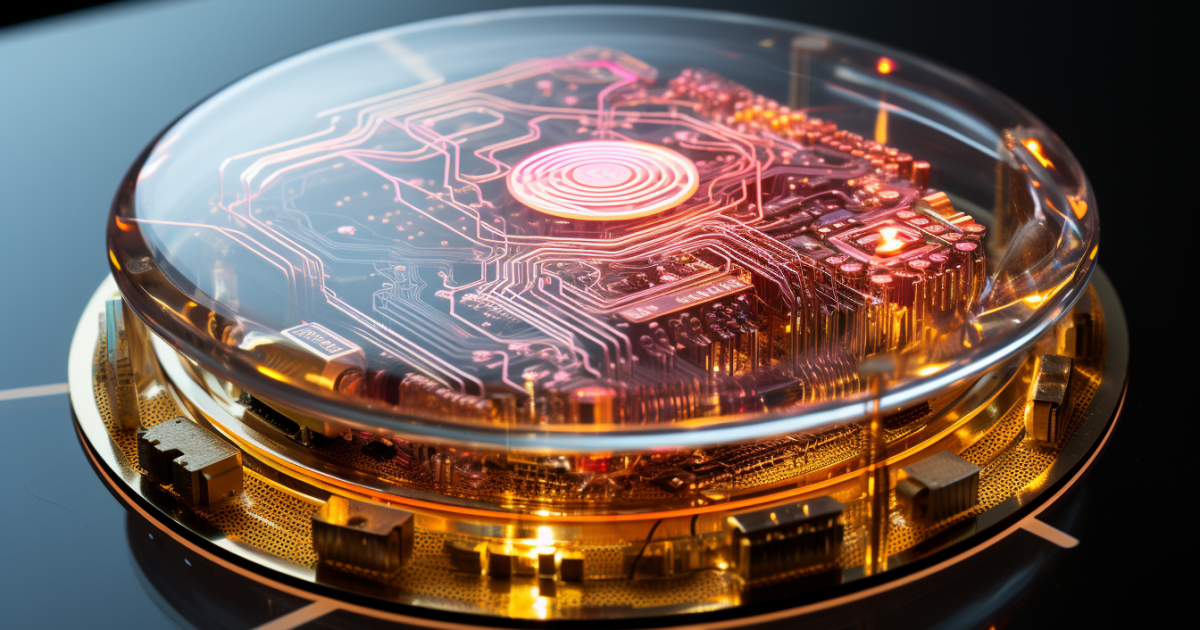livingston
20×102mm Vulcan
Computer chip with built-in human brain tissue gets military funding
Last year, Monash University scientists created the "DishBrain" – a semi-biological computer chip with some 800,000 human and mouse brain cells lab-grown into its electrodes. Demonstrating something like sentience, it learned to play Pong within five minutes.
The micro-electrode array at the heart of the DishBrain was capable both of reading activity in the brain cells, and stimulating them with electrical signals, so the research team set up a version of Pong where the brain cells were fed a moving electrical stimulus to represent which side of the "screen" the ball was on, and how far away from the paddle it was. They allowed the brain cells to act on the paddle, moving it left and right.
Then they set up a very basic-reward system, using the fact that small clusters of brain cells tend to try to minimize unpredictability in their environment. So if the paddle hit the ball, the cells would receive a nice, predictable stimulus. But if it missed, the cells would get four seconds of totally unpredictable stimulation.
It was the first time lab-grown brain cells had been used this way, being given not only a way to sense the world, but to act on it, and the results were impressive.
Impressive enough that the research – undertaken in partnership with Melbourne startup Cortical Labs – has now attracted a US$407,000 grant from Australia's National Intelligence and Security Discovery Research Grants program.

Computer chip with built-in human brain tissue gets military funding
Last year, Monash University scientists created the "DishBrain" – a semi-biological computer chip with some 800,000 human and mouse brain cells lab-grown into its electrodes. Demonstrating something like sentience, it learned to play Pong within five minutes.



